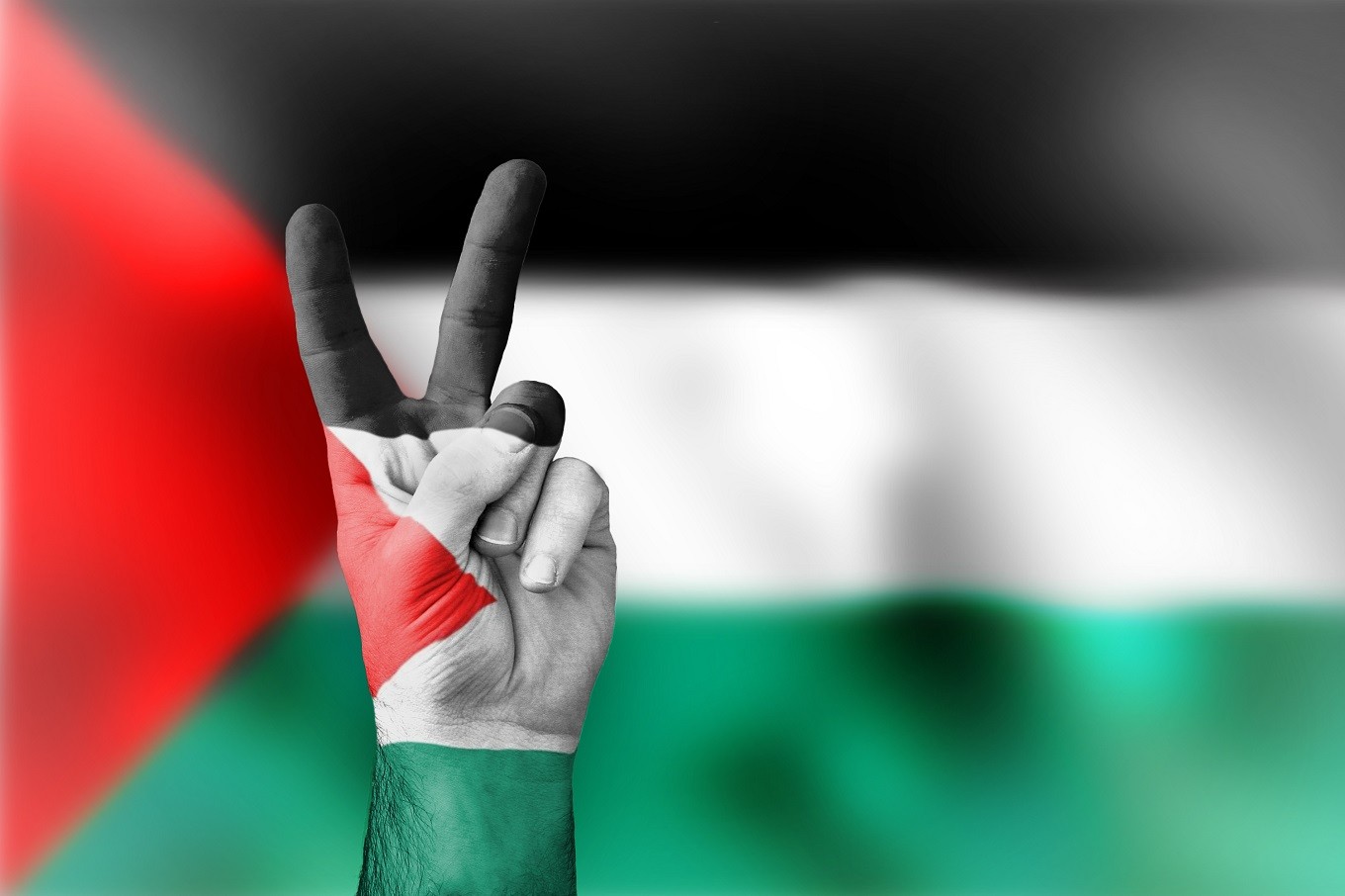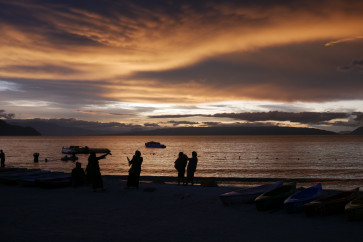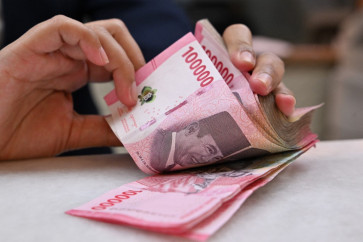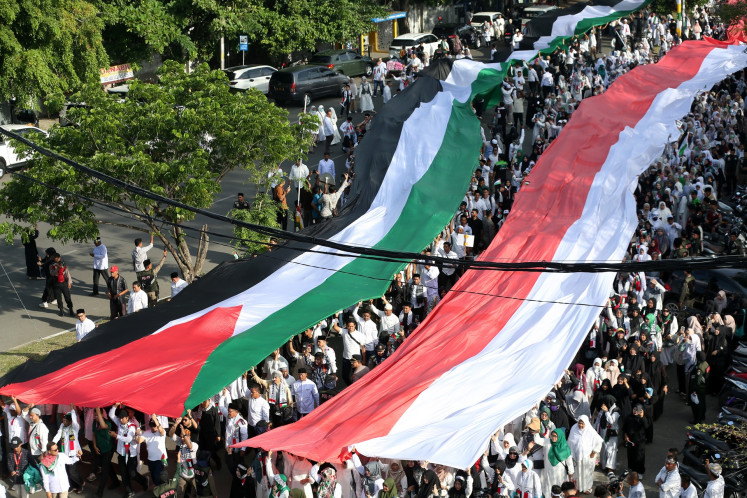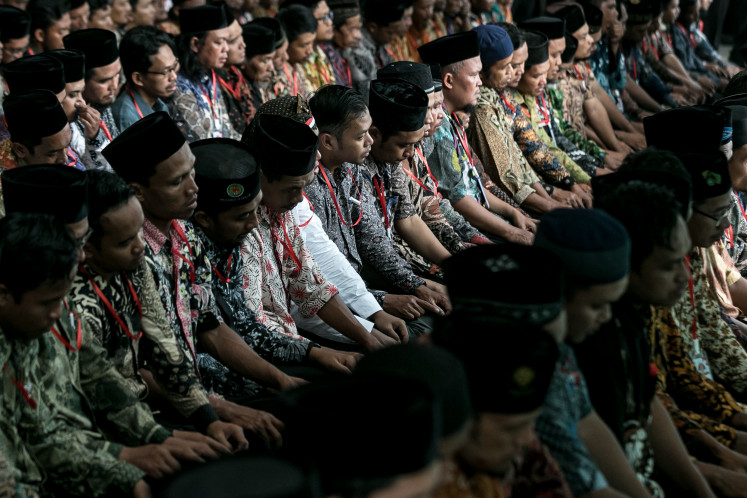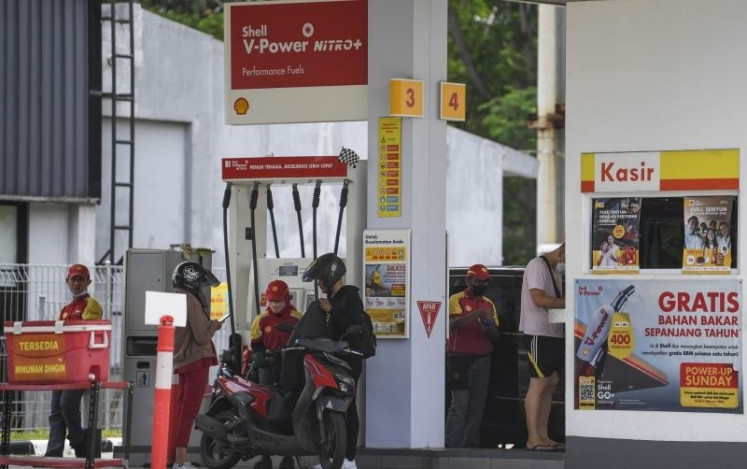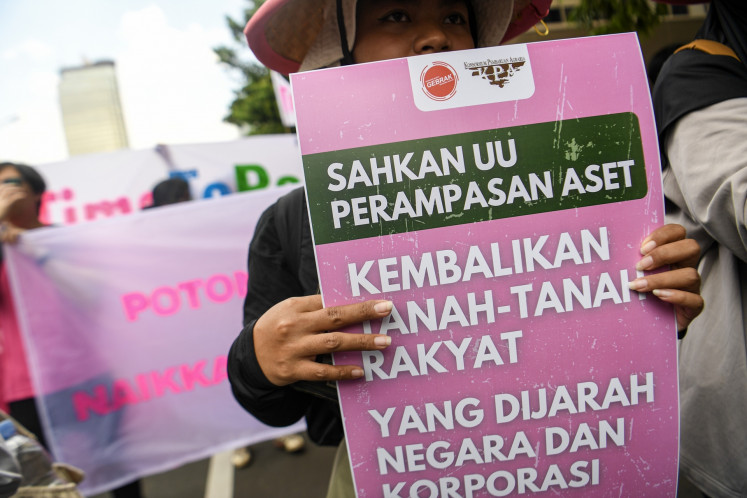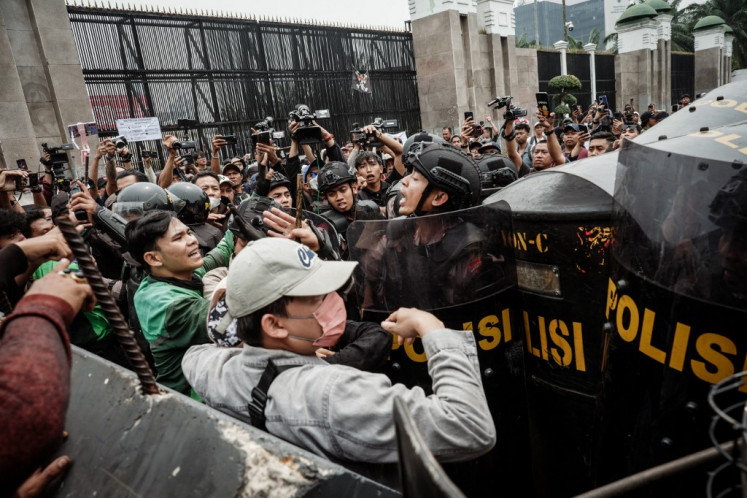Popular Reads
Top Results
Can't find what you're looking for?
View all search resultsPopular Reads
Top Results
Can't find what you're looking for?
View all search resultsNonviolent Jihad for Palestine
Nonviolent jihad, and the related discourse, is considered the most relevant strategy for solving the humanitarian crises arising from the Palestinian-Israeli dispute.One of the strong points of this strategy is that it’s a civilian approach rather than a military approach. Civilian approaches assume that every human being has the right to live peacefully as well as the right to establish harmonious coexistence.Even though many people question the chance of reconciliation between Palestine and Israel, many civilians as peacemakers are still confident that any conflict is able to be solved and its two sides reconciled, including in Palestine-Israel crisis.
Change text size
Gift Premium Articles
to Anyone
N
onviolent jihad, and the related discourse, is considered the most relevant strategy for solving the humanitarian crises arising from the Palestinian-Israeli dispute.
One of the strong points of this strategy is that it’s a civilian approach rather than a military approach. Civilian approaches assume that every human being has the right to live peacefully as well as the right to establish harmonious coexistence.
Even though many people question the chance of reconciliation between Palestine and Israel, many civilians as peacemakers are still confident that any conflict is able to be solved and its two sides reconciled, including in Palestine-Israel crisis.
Regarding this issue, I would personally like to appreciate Mr. Joko Widodo, the President of Republic of Indonesia, who had initiated an agenda of peaceful and harmonious cohabitation at the international level last month.
There were at least two initiatives put forward by him, aimed at promoting peace and nonviolent discourses as an international topic of discussion.
First, in a meeting with the director of Facebook during his visit to the US, President Jokowi requested that social media be employed for promoting amity among civilians. This is coherent with the findings of research by Lembaga Ilmu Pengetahuan Indonesia (Indonesian Institute of Sciences), which concluded that the internet had played a significant role in the spread of radicalism, including violence.
Second, Jokowi hosted the fifth extraordinary summit of the Organisation of Islamic Cooperation (OIC) in Jakarta in March. I think the conference was crucial for Muslims living in Palestine and other countries in the Middle East where Islam not only has a majority following, but where most countries are experiencing conflict and an unnecessary war among Muslims.
This conference was held not only for Palestine but also for other humanitarian conflicts.
For Mr. Joko Widodo, this conference was part of a personal commitment and a vision of helping Palestine to become an independent country through peaceful means. He promised to pursue this goal in the last round of presidential campaigning in 2014.
After becoming President, Mr. Joko Widodo has become even more aware of Indonesia’s role as the largest Muslim population in the world so he should be even more active in support of Palestine.
Furthermore, the conference provided motivation for Palestinians who have been struggling for freedom through nonviolent means, as well as for all people who love peace and harmony.
For Palestinian people, nonviolent jihad has been used as a main strategy against the Israeli military. They believe that religious teachings and customs enable them to attain the essence of humanity.
Gullen (2004) suggests that there are two kinds of jihad: external struggle (lesser jihad) and internal struggle (greater jihad). Lesser jihad is the process of enabling someone else to attain his or her essence. This also means going to the battlefront and dealing with human material. Greater jihad is the attainment of one’s own essence. If the lesser jihad involves human material, the greater jihad is a spiritual journey, a struggle with one’s inner world and carnal soul (nafs).
For Nomani (2011), finding one’s essence and helping others to reach their essence is called a form of nonviolent jihad. This is because of the purpose of jihad, which is not only to defend the life and property of Muslim communities but also to gain God’s acceptance; to protect His faith; to guide humanity (all human beings and other creatures); promote welfare for all; and save humanity from oppression and strife.
Thus, the OIC summit is a form of nonviolent jihad, aimed at engaging human souls in the fight against all forms of war and violence in the world. The summit was also an effective method of focusing leaders’ hearts on the wellbeing of their people.
This summit is similar to what Mahatma Gandhi did for Palestine many years ago, called Satyagraha, an organised campaign of pure soul force, to convince the hearts of their Arab sisters and brothers (and the world) of the legitimacy of their aspirations.
Above all, if the OIC summit succeeds at focusing the world’s attention, including Indonesian society’s attention, on the endorsement of peaceful and harmonious coexistence, I believe that Mr. Joko Widodo will have proven himself to be a peacemaker, as Nelson Mandela was in Africa. As president, has done his dharma (duty) by calling for nonviolent jihad for the sake of Palestine and humanity.
***
The writer is a PhD research scholar looking at nonviolent discourses in the religious context of Indonesia at Jawaharlal Nehru University in New Delhi, India. He is also a lecturer at IAIN Salatiga, Central Java.
---------------
We are looking for information, opinions, and in-depth analysis from experts or scholars in a variety of fields. We choose articles based on facts or opinions about general news, as well as quality analysis and commentary about Indonesia or international events. Send your piece to community@jakpost.com.

